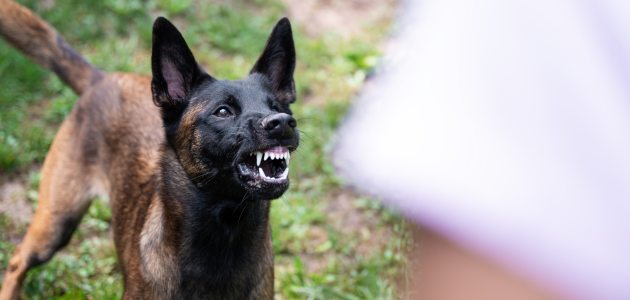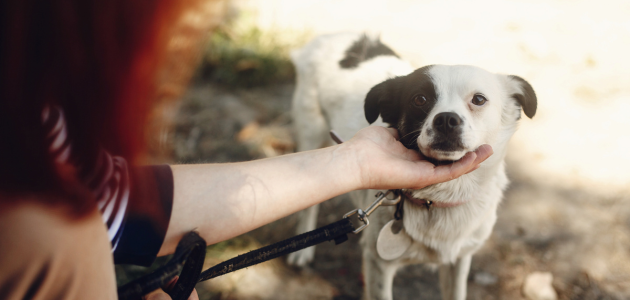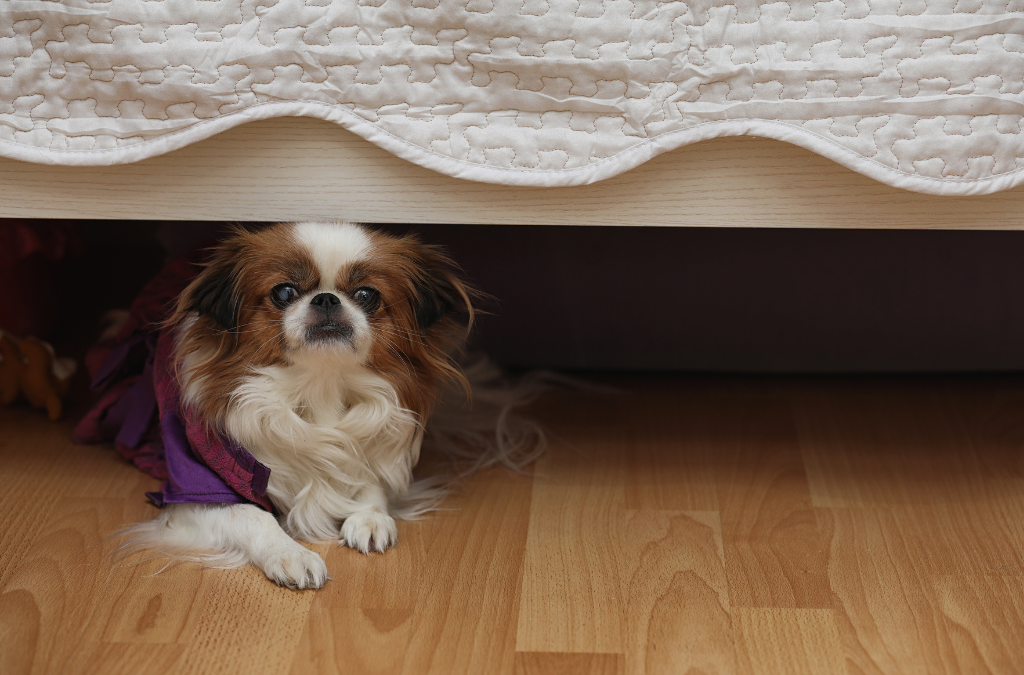The happiness and well-being of our furry friends is so important us. While dogs are known for their wagging tails, bright eyes, and playful attitudes, they can also experience anxiety, which can manifest in different ways.
As responsible pet owners, it’s crucial to spot the warning signs of dog anxiety and take the necessary steps to help our furry friends feel safe and secure. In this article, we’ll explore the common signs of anxiety in dogs and provide tips on how to alleviate their stress.
What To Look For With Dog Anxiety

Changes in Behavior
One of the most common signs of anxiety in dogs is a change in behavior. Your typically loving, playful, and social dog may suddenly become withdrawn, aggressive, or even destructive. For instance, they may start barking excessively, biting, or growling at people or other animals.
They may also become destructive in the house, chewing furniture, walls, or carpets. If you notice a sudden change in your dog’s behavior, it’s essential to consider whether they’re suffering from anxiety.
Physical Symptoms
In addition to changes in behavior, anxiety in dogs can also manifest in physical symptoms. Your pet may start panting more than usual, trembling or shaking, or drooling excessively. They may also experience digestive issues like diarrhea, vomiting, or loss of appetite.
These symptoms can have various underlying causes, but if they’re coupled with other signs of anxiety, they may indicate that your dog is struggling with stress and anxiety
Repetitive Behavior
Dogs that suffer from anxiety may exhibit repetitive behavior such as tail chasing, excessive licking, or pacing. They may also become overly attached to their owners and follow them around the house or display separation anxiety when left alone.
These patterns can be caused by fear or uncertainty, and if they aren’t addressed, they can lead to more severe anxiety and behavioral issues.
Changes in Sleeping Habits
Dogs that are anxious may also experience changes in their sleeping habits. They may struggle to sleep at night, become restless, or develop insomnia. Alternatively, they may start sleeping more than usual, seemingly lethargic or less interested in activities they once enjoyed.
These changes can signal mood and anxiety-related disorders, and it’s worth observing changes in your pet’s sleeping habits closely.
Avoidance Behavior
Dogs that are anxious may seek to avoid certain situations or activities that trigger anxiety. This can take shape in various forms, such as refusing to walk on a leash, resisting going in the car, or hiding when visitors come over. If your dog is acting odd or avoiding certain activities they once enjoyed, it may be time to explore the possibility of anxiety.
Steps To Take With An Anxious Dog

Consult a Veterinarian
If you’ve noticed changes in your pet’s behavior or physical health, the first step is to consult with a veterinarian. They can perform a comprehensive examination to rule out any physical health issues that could be causing the symptoms.
If anxiety is determined to be the cause, they may recommend various treatments, such as behavioral therapy, medication, or adjustments to your dog’s environment.
Create a Calm Environment
Regular Exercise and Proper Nutrition
Behavioral Training and Socialization
Consider Anxiety Aids
Remember, every dog is unique and may respond differently to these strategies. Patience and consistency are key when dealing with an anxious pet. Check out our article on natural remedies for dog anxiety. 9 Natural Remedies For Your Dog’s Anxiety
As a dog owner, it’s crucial to pay attention to your dog’s behavior, sleeping habits, and physical symptoms to spot anxiety and take action. If your pet is displaying any of the signs discussed here, talk to your vet about options for alleviating anxiety.
Developing a routine, providing plenty of exercise and stimulation, investing in calming supplements or medications, and creating a safe and relaxing environment can all help reduce anxiety in dogs. By staying observant and proactive, you can ensure that your pet stays happy, healthy, and anxiety-free.

